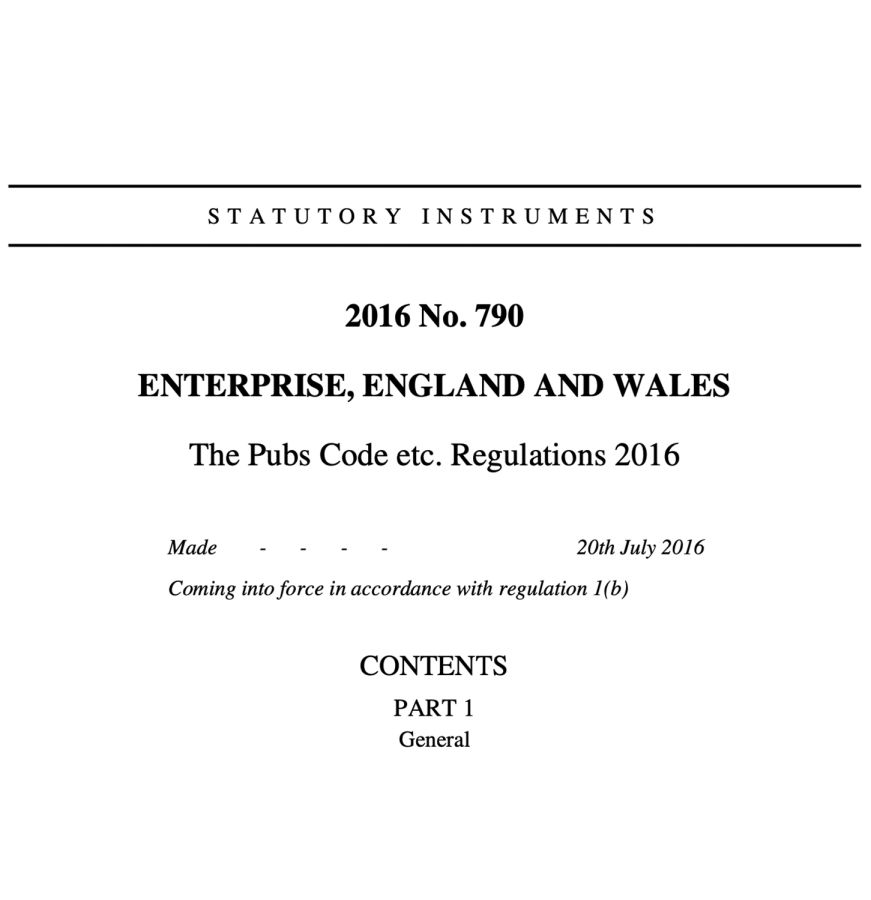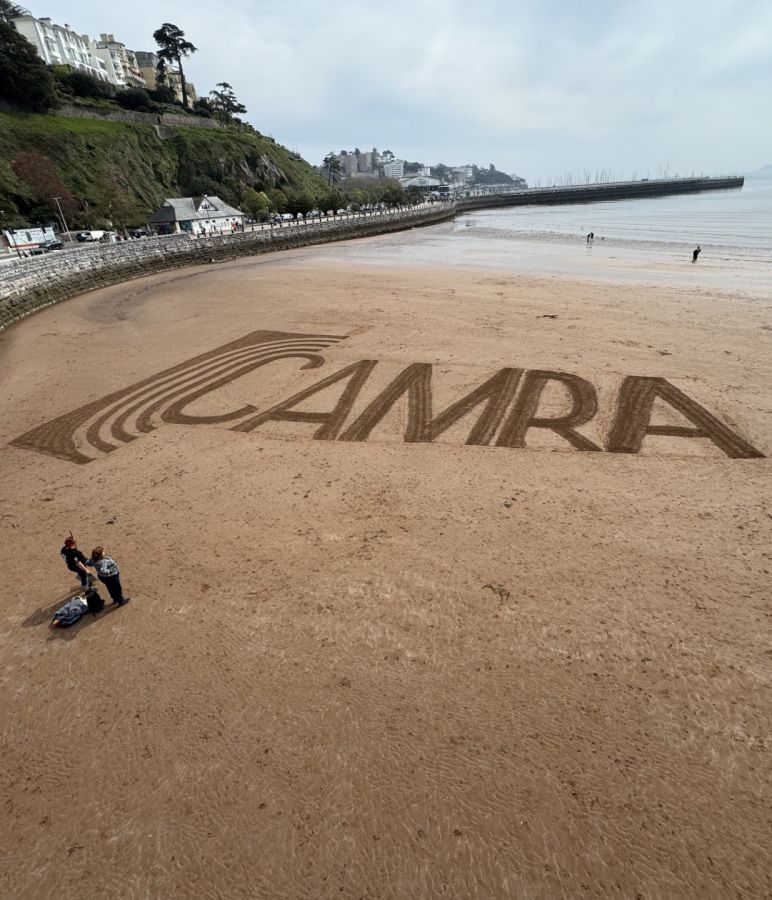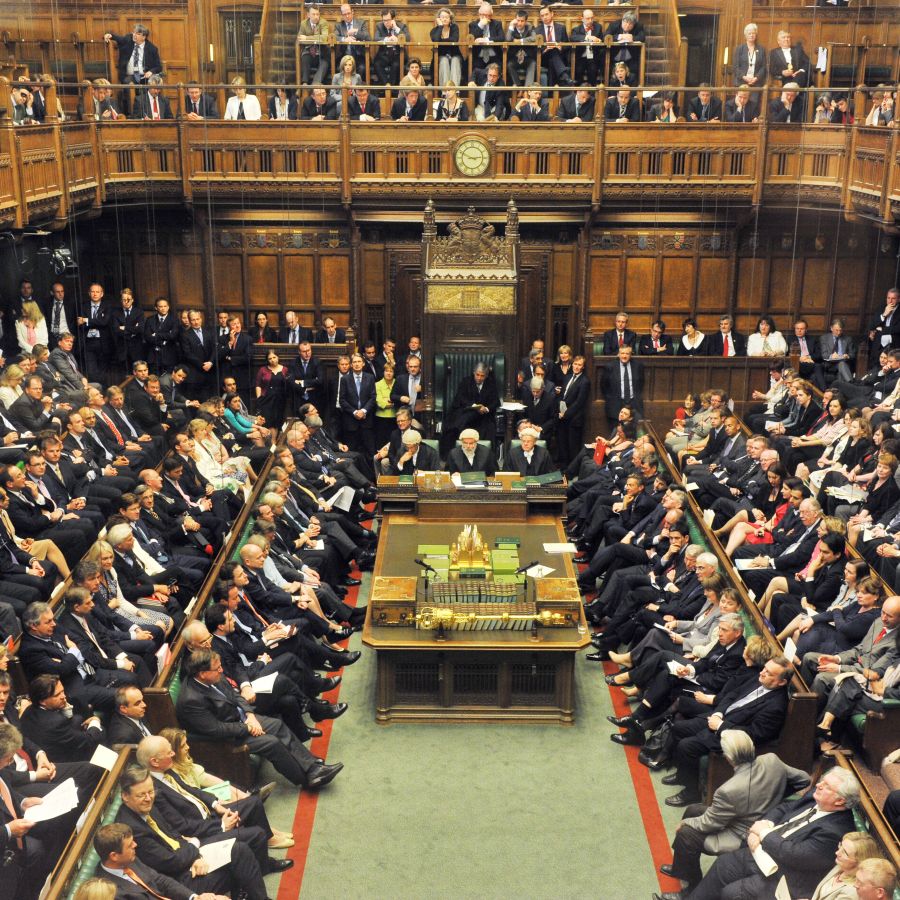In the last article, we examined how pub companies make money from their tenanted/leased pubs, notably through operation of the tie, which requires tenants both to pay rent and to buy, at inflated prices, most products from the company. This arrangement has been a source of tension ever since the tied house system was introduced in the late 18th century but those tensions were exacerbated by the 1989 Beer Orders and the consequent rise of the pub companies.


Various attempts at self-regulated controls were tried but the imbalance of power persisted. By 2013, the Business Secretary, Vince Cable, had concluded that statutory regulation was necessary. The result was the Pubs Code Regulations 2016, or Pubs Code for short. Sadly, it was decided that the Code would only apply to companies owning more than 500 tenanted/leased pubs.
The Code, which applies only in England and Wales, is based on two principles:
- fair and lawful dealing by pub-owning businesses in their dealings with their tied tenants;
- tied tenants should be no worse off than if they were free of tie.
In pursuit of the second principle, the Code introduced the option for tied tenants to request a Market Rent Only (MRO) option. This provides for tenants to break free from the tie on beer and other products and simply pay a ‘market rent’ for the property. The Code specifies the rent assessment process to be followed.
A Pubs Code Adjudicator (PCA) was appointed to issue advice and guidance about the Code, arbitrate individual disputes and carry out regulatory functions, including a power to investigate suspected breaches of the Code. The current PCA is Fiona Dickie.
The PCA office has mostly concentrated on the first two sets of responsibilities. However, in 2019 it launched an investigation into Star Pubs & Bars. The allegation was that the company was obliging tenants negotiating MRO to carry on stocking some of their products. The PCA found that Star had frustrated the principles of the Code and fined them £2m (an appeal is working its way through the courts). In its first five years, the PCA received 536 arbitration referrals; of these, 272 related to Stonegate or its predecessor Ei, 116 to Star and just one to Admiral Taverns.


A Government review of the Code kicked off in 2019. The main points in CAMRA’s submission to the review were that:
- the Code was not working as intended;
- pub companies were ‘gaming’ the Code, exploiting gaps in the regulations and failing to discharge their MRO duties;
- surveys of tenants revealed high levels of concern around the ineffectiveness of the Code and exploitative behaviour by companies;
- the PCA was under-resourced and lacked teeth;
- the playing field was unequal, with companies enjoying access to a much higher level of legal resource;
- changes were urgently needed to allow tenants to make a decent living and prevent them walking away from the trade.
The Government published its response to the consultation in November 2020. Although it accepted that the Code was not working as well as it should, it restricted its proposals for action to further consultations on a range of relatively minor matters where it felt there was room for improvement. Those consultations did not result in any significant changes to the operation of the Code.
Interviewed that month, Fiona Dickie, the PCA, claimed to have done a lot both to improve the processes she had inherited and to encourage tenants to find out more about their rights. ‘The MRO process is better’ she said ‘but it’s not good enough and there’s more to do’.


In August 2021, two academics, Dr Jed Meers and Dr Liz Hind, published a detailed study on ‘The Pubs Code, Statutory arbitration and the tied lease’. They concluded that ‘there are a series of limitations with both the function of the Pubs Code Regulations and the “code adjudicator” model itself. In particular, our findings demonstrate the use of delaying tactics, the interaction of code adjudication with the parties’ existing contractual relationships, and issues with the application of arbitration “burden of proof” standards to the exercise of duties under the statutory code’. They note that the Scottish Parliament had recently agreed a similar system for Scotland, but which seeks to “avoid problems experienced in implementing (the Code) in England and Wales”.
In 2022, the Government started the second statutory review of the Code, and the disappointing outcome was announced in autumn 2023. CAMRA had urged changes to give tenants more choice over the beers they could sell plus increased protections and rights regarding their treatment by the pubcos. However, the Government decided not to amend the Code but just to carry out some further work with pubcos on an MRO ‘opt out’ scheme (which might well come to nothing). A further statutory review will happen in due course.


A third statutory review was launched in March 2025 along with a ‘post-implementation review’ looking at:
- the extent to which the Code is working:
- if it has achieved its objectives;
- whether the current regulation remains the most appropriate approach;
- if intervention and regulation is still required.
The deadline for responses was 14 August 2025 and, at the time of writing, the Government response was awaited. There has been much speculation that the Code will be scrapped.
To sum up, the Code clearly isn’t working as intended but CAMRA will continue to fight for proper reform of the Code and the rights of tied tenants across the UK.
In 2025, the Scottish Government introduced its own Pubs Code. The provisions are broadly similar to those in England and Wales but additionally all tied tenants now have the right to buy in at least one guest beer, though it must come from a small brewery (5000 hectolitres or less annually).
Paul Ainsworth
Paul Ainsworth
Paul Ainsworth
Paul Ainsworth
Paul Ainsworth
Paul Ainsworth
Paul Ainsworth
Paul Ainsworth
Paul Ainsworth
Become a CAMRA member today for unlimited free access plus many other membership benefits. Find out more